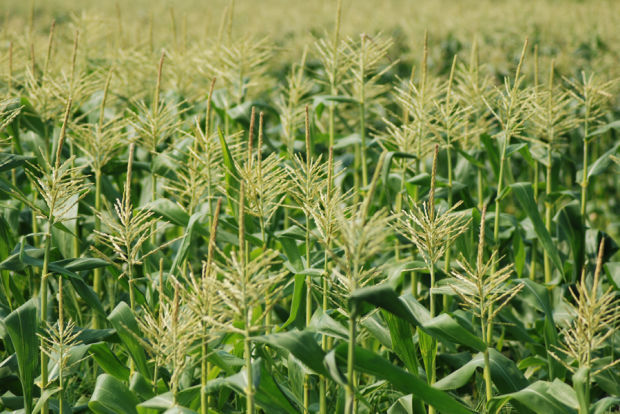LIHUE — Large agriculture companies and landowners are opposing a bill that would establish “agronomics” as a new and separate real property tax class and exclude lands used primarily for crop research or parent seed production from the county’s definition
LIHUE — Large agriculture companies and landowners are opposing a bill that would establish “agronomics” as a new and separate real property tax class and exclude lands used primarily for crop research or parent seed production from the county’s definition of “agricultural use.”
The Hawaii Crop Improvement Association, a trade group representing the agricultural seed industry in Hawaii, says the proposal singles out a subset of local agriculture and would send a negative signal to any industry that relies on innovation to create jobs and contribute to the local economy.
“Business sectors should not be targeted for discriminatory treatment,” HCIA wrote in testimony.
Kauai County Councilman Tim Bynum introduced Bill 2546 in May. He says the county code was written with the intention of giving tax breaks to those growing crops to be sold rather than for research and development.
He said the current law was never meant for large ag and the companies “should never have been eligible” for the tax incentives they are currently receiving under their designations.
“This is simply a bill that asks the question, ‘Is this ag activity that we want to incentivize with tax benefits that impact the County of Kauai and what other taxpayers pay?’” he said.
If passed, the agronomics rate classification would include parcels that are “used for no other purpose than science, research and development of crops” and which “do not directly gain monetary profit from the ultimate consumer.”
Charles Okamoto, president of Kauai landowner Gay and Robinson, called the bill’s purpose “horrifying” and “fatally flawed.”
“It makes no logical sense to create a separate class of agriculture now called agronomics,” he wrote. “The County of Kauai should be providing the agricultural sector more help instead of hindering their progress and this proposed bill (is) just another hindrance.”
Scott Enright, chair of the state Board of Agriculture, and James Nakatani, executive director of the Agribusiness Development Corporation, submitted nearly identical testimonies on the measure, expressing concern that it would adversely affect agriculture endeavors on the island.
“(It) creates uncertainly for landowners who lease land to agricultural businesses that rotate seed crops with biofuel crops, ranching, vegetable and other fresh market crops, or vice versa,” they wrote. “Crop diversity is necessary for farmers to sustain economic viability, and Bill 2546 could inhibit options available to farmers.”
Others, however, feel the proposal is only fair.
Bryna Storch of Lanipo Farm in Puhi said there is a tremendous difference between her farm’s agricultural activities and the corporate agronomic activities conducted for research and patented product development.
“Agronomic activities should not receive the benefit of the lower agricultural taxes extended to true farms which provide tangible and local public benefits,” she wrote. “I applaud this legislation as it addresses a tax nuance that is truly costing the greater public and our local government resources, time and budget.”
Debra Blachowiak testified that growing and testing of seeds with chemical pesticides should fall under industrial use and be taxed appropriately.
Tom Shigemoto, vice president of Alexander & Baldwin, Inc., which owns about 7,000 acres of agricultural land on Kauai’s South Shore, said imposing additional financial challenges on large scale ag operations may result in those entities scaling back operations or relocating.
“Should any of these actions occur, we believe that this bill may have the unintended consequences of jeopardizing the long term viability and sustainability of Kauai’s agricultural industry,” he wrote.
Bill 2546 would also require the county director of finance to submit annual reports involving all agricultural dedicated properties to the mayor and county council. The reports would include the name of the landowner, Tax Map Key of dedicated area, period of dedication, size of dedicated area, description of the agricultural use and taxes resulting from the dedication compared with their market value.


